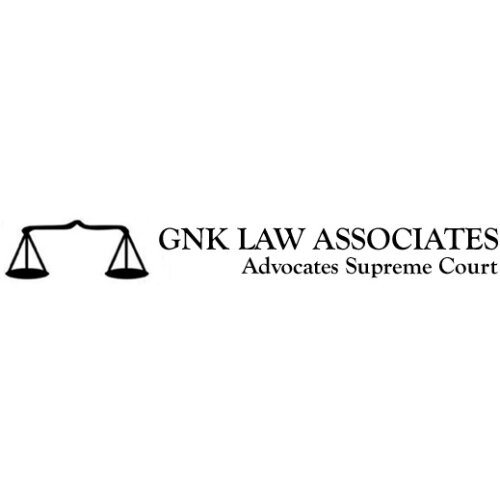Best White Collar Crime Lawyers in Delhi
Share your needs with us, get contacted by law firms.
Free. Takes 2 min.
List of the best lawyers in Delhi, India
About White Collar Crime Law in Delhi, India
White collar crimes are non-violent crimes, typically committed by individuals or organizations in business settings. In Delhi, India, these crimes are on the rise due to increasing commercial activities. Common examples include fraud, embezzlement, insider trading, and corruption. The offences ordinarily involve deceit, concealment, or a breach of trust, not physical force. The Indian Penal Code, the Companies Act, the Prevention of Corruption Act, the Black Money (Undisclosed Foreign Income and Assets) and Imposition of Tax Act, and many more laws cover various forms of white collar crime.
Why You May Need a Lawyer
If you are implicated in a white collar crime, it is critical to seek legal assistance. White collar cases can be intricate, involving many complicated financial elements and extensive documentation. Moreover, these crimes can carry severe penalties, including imprisonment and heavy fines. You may also need a lawyer to protect your rights if you are the victim of white collar crime. A well-informed advocate can guide you through the process and may be able to help you recover your lost assets.
Local Laws Overview
Several laws in India, and thus in Delhi, pertain to white collar crime. Notably, the Indian Penal Code, 1860 has provisions addressing fraud, forgery, and counterfeit. The Companies Act, 2013 has strict rules against fraudulent activities within corporations. Further business malpractices can fall under the Prevention of Money Laundering Act, 2002 and the Prevention of Corruption Act, 1988. Additionally, the Information Technology Act, 2000 covers cybercrimes, a rapidly growing sector of white collar crime.
Frequently Asked Questions
What is considered a white collar crime?
A white collar crime is a non-violent crime that involves deceit, typically committed by people in businesses or professional roles. This can include fraud, insider trading, and embezzlement among other offenses.
What are the penalties for white collar crimes?
Penalties can vary widely depending on the nature and severity of the crime. They can range from fines to imprisonment, or sometimes both.
If I am accused of a white collar crime, should I engage a lawyer immediately?
Yes. Given the complexity of these types of cases and the severe consequences, it's crucial to obtain legal assistance as soon as possible.
What should I look for in a lawyer to defend a white collar crime charge?
Experience in white collar crime cases, knowledge about respective Indian laws, courtroom experience, and good communication skills are all important when hiring a lawyer for defending against white collar crime charges.
Can white collar crimes be prevented?
Proactive measures such as rigorous financial audits, transparent business practices, and employee education can significantly lessen the risk of white collar crimes in an organization.
Additional Resources
The Ministry of Law and Justice of India could be a viable resource for obtaining legal information. Organizations like Transparency International India work towards preventing corruption, a form of white collar crime. Online platforms like Nyaaya provide free, comprehensive information about Indian laws.
Next Steps
If you need legal assistance, begin by researching or inquiring for referrals for lawyers in Delhi specializing in white collar crimes. On your first meeting with the lawyer, come prepared with all relevant case information. Always be truthful to your lawyer so they can mount the best possible defense or offer the most relevant advice.
Lawzana helps you find the best lawyers and law firms in Delhi through a curated and pre-screened list of qualified legal professionals. Our platform offers rankings and detailed profiles of attorneys and law firms, allowing you to compare based on practice areas, including White Collar Crime, experience, and client feedback.
Each profile includes a description of the firm's areas of practice, client reviews, team members and partners, year of establishment, spoken languages, office locations, contact information, social media presence, and any published articles or resources. Most firms on our platform speak English and are experienced in both local and international legal matters.
Get a quote from top-rated law firms in Delhi, India — quickly, securely, and without unnecessary hassle.
Disclaimer:
The information provided on this page is for general informational purposes only and does not constitute legal advice. While we strive to ensure the accuracy and relevance of the content, legal information may change over time, and interpretations of the law can vary. You should always consult with a qualified legal professional for advice specific to your situation.
We disclaim all liability for actions taken or not taken based on the content of this page. If you believe any information is incorrect or outdated, please contact us, and we will review and update it where appropriate.












